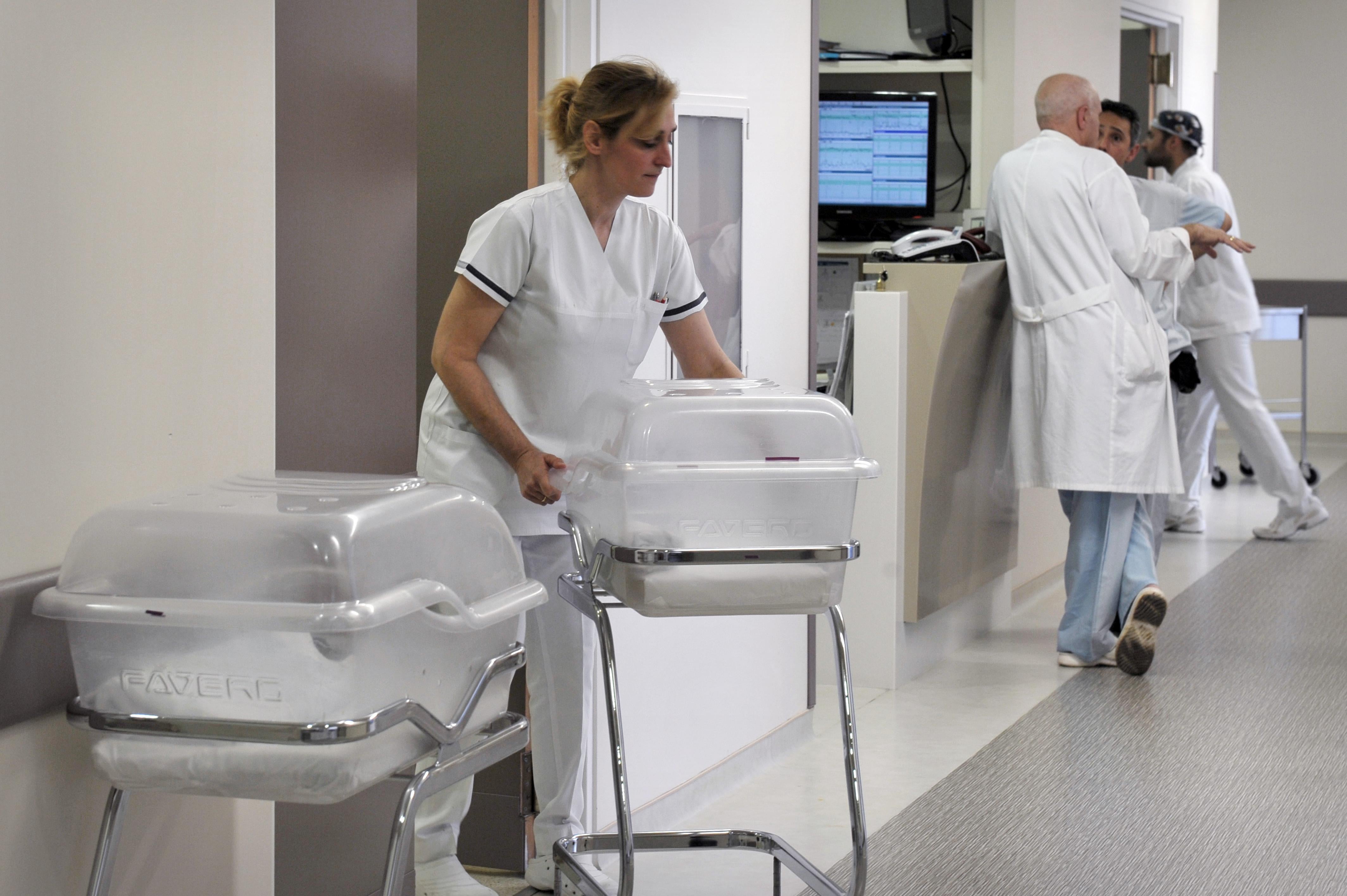Whenever an insurance company anywhere raises premiums, conservatives shout from the rooftops that Obamacare is failing. But the news that health care cost growth has slowed dramatically over the past several years has been greeted by progressives with a lot of caution and is rarely discussed by Democratic Party elected officials at all. Shouldn’t liberals be out there trumpeting this? Jonathan Bernstein and Kevin Drum discuss the dissonance in terms of the “hack gap”, which I think is a real thing even though it doesn’t explain this.
Here’s the key fact—nobody cares even very slightly about health care costs.
It’s easy to get confused about this because ordinary people seem to be very worried about the rising cost of health care. And wonks at the CBO also worry about health care cost growth. So when health care cost growth slows, shouldn’t people be happy? Nope. The cost people care about is the price that they personally pay. People care about premiums. People care about deductibles. People care about co-pays. What people do not care about is the underlying price trajectory of the service. Having the insurance company pick up 90 percent of the tab for a $1,000 procedure is way better than having the insurance company pick up 50 percent of the tab for a $500 procedure. The government even recognizes this when collecting its statistics. The CPI health care component is about out-of-pocket costs and seeks to measure “the cost of living.” The PCE deflator health care component is about the all-in price of purchasing health care services and seeks to measure “inflation.” But even though people sometimes say they’re worried about inflation, in fact people only care about the cost of living. Renters care a lot about local rent trends, but homeowners are not interested in owners’ equivalent rent. Budget wonks care about the price of health care services, but human beings want to know how much they personally will have to spend on health care.
Long story short, if Democrats stand up in a world of rising premiums and higher deductibles and say Obamacare is causing a slowdown in health care cost growth, people are going to look at them like they’re insane. Policy debates are one thing, but politicians who look at the clear blue sky and call it yellow are another.
Now the fact of the matter is that health care cost growth is slowing. And frankly, I give the credit to the Affordable Care Act. If forward-looking investors think that future increases in health care spending will be met with legislative efforts to curb health care spending, then investments that rely on future high levels of health care spending won’t be made and the system will lack the capacity to deliver ever-growing levels of services. You can see that health care construction spending crashed during the recession and hasn’t bounced back. It’s not that construction per se is such a large element of health care costs; it’s that the failure to ramp up construction spending reflects pessimism (or optimism, depending on your viewpoint) about the future volume of health care revenues.
